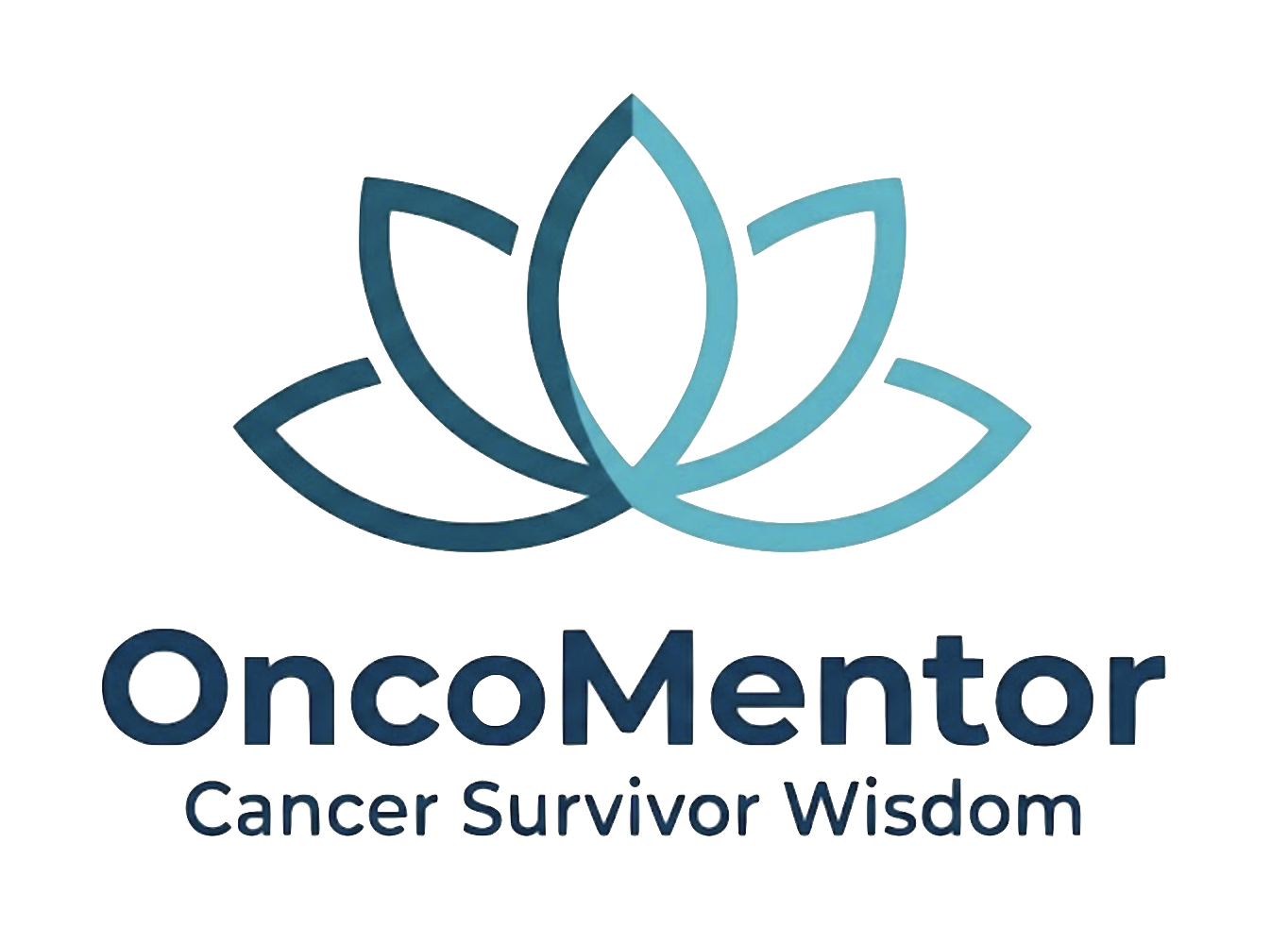The Unspoken Fear After Cancer
For millions of cancer survivors, the day treatment ends is not an end to the fight but the beginning of a new, quieter battle. The frequent hospital visits cease, the calls from the oncology nurse dwindle, and a strange silence can set in. In that silence, a persistent question often takes root: What if it comes back? This is the shadow of survival, a psychological challenge known to researchers as the fear of cancer recurrence, or FCR. It is one of the most common and distressing issues faced by those who have completed cancer treatment.
This fear is more than the fleeting worry that follows a new ache or pain. For many, it is a significant source of stress that can disrupt daily life, affect relationships, and cloud the future. A major 2022 scientific analysis that combined the results of 79 different studies revealed just how widespread this experience is. Researchers found that nearly half of all cancer survivors experience some level of fear about their cancer returning, with a substantial number reporting moderate to high levels of this specific anxiety. The evidence shows this is not an isolated feeling but a shared, defining feature of the survivorship experience.
While this fear can touch anyone who has had a cancer diagnosis, recent research has started to identify who may be most vulnerable. A large pan-cancer study presented at a 2024 American Society of Clinical Oncology (ASCO) meeting examined data from over a thousand survivors. The findings suggested that younger survivors and women were more likely to report a higher fear of recurrence. The analysis also found a strong link between FCR and existing mental health struggles, noting that survivors who already reported symptoms of depression, anxiety, or distress were significantly more likely to live with an intense fear of their cancer coming back.
The American Association for Cancer Research, in its 2024 Cancer Progress Report, underscored that this issue extends beyond just a feeling of unease. They highlighted that a high fear of recurrence is closely linked to a lower health-related quality of life. This constant state of high alert can interfere with a survivor’s ability to make future plans, enjoy daily activities, and maintain a sense of well-being. Recognizing this fear is the first step. Understanding that it is a common, well-documented phenomenon can help survivors and their families feel less alone in the quiet aftermath of a cancer battle. The next step is learning what can be done to manage it, a topic we will explore in the second part of this series.
This article is for informational purposes only and does not constitute medical advice. The content is not intended to be a substitute for professional medical advice, diagnosis, or treatment. Always seek the advice of your physician or another qualified health provider with any questions you may have regarding a medical condition. Never disregard professional medical advice or delay in seeking it because of something you have read in this article.
Lu, W., Chen, W., He, Y., Lin, Y., & Chen, H. (2022). Prevalence of Fear of Cancer Recurrence among Cancer Survivors: A Systematic Review and Meta-Analysis. Cancers, 14(14), 3536. Link:https://pmc.ncbi.nlm.nih.gov/articles/PMC9321869/
Jacobs, M., Nelson, A. M., Krok-Schoen, J. L., Paskett, E. D., & Carbone, D. P. (2024). Fear of cancer recurrence and associated factors in a pan-cancer survivorship cohort. Journal of Clinical Oncology, 42(16_suppl), 12117-12117.Link: https://ascopubs.org/doi/abs/10.1200/JCO.2024.42.16_suppl.12117
American Association for Cancer Research. (2024). Supporting Cancer Patients and Survivors. In AACR Cancer Progress Report 2024. Link: https://cancerprogressreport.aacr.org/progress/cpr24-contents/cpr24-supporting-cancer-patients-and-survivors/





